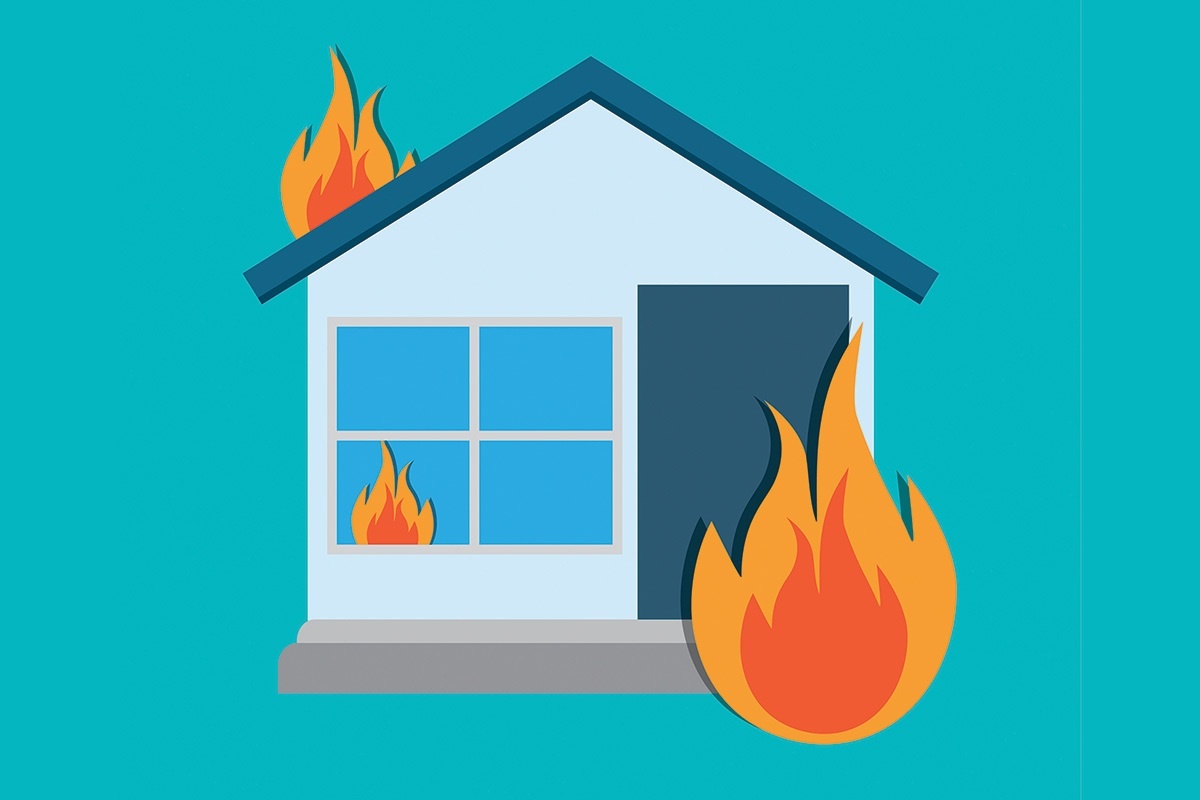Electricity usually makes life easier by powering the kitchen appliances, gadgets and electronics we use for convenience and entertainment. However, that same electricity contains the potential to destroy homes and take lives.
Electrical fires are more destructive than any other type of fire, and they are twice as deadly. Your electric cooperative offers the following information to help you keep your electrical system safe.
Consider getting an electrical inspection of your home, especially if it is an older home or you have never had an inspection.
If an electrical fire starts in your home, do not use water to extinguish it. Water conducts electricity, and you could get an electric shock. Buy extinguishers that are approved for use on electrical fires. Make sure to keep them charged and ready, and store them in easy-to-reach places in multiple rooms.
Flickering lights and warm, cracked or sparking outlets indicate electrical problems. Additionally, if circuits trip, fuses blow or someone gets a shock, your home has an electrical problem. Get an electrical inspection.
Do not overload outlets, use an extension cord as a permanent wiring solution or use lightbulbs that are not rated for the socket they’re going into.
Contact an electrician about installing arc-fault circuit interrupters. AFCIs monitor the flow of electricity in your home. If the flow of electricity is irregular and creates a fault in the electrical system, it could cause a fire. In these cases, the AFCI shuts off electricity before a fault can develop.
An AFCI costs about $35, plus the cost of professional installation. The cost also depends on the size of your home and how many circuit breakers you have.
Inspect electrical plugs and cords annually. If they are frayed or cracked, repair or replace them. Do not place cords under rugs or across walkways or other high-traffic areas, and do not staple or nail them to the wall.


